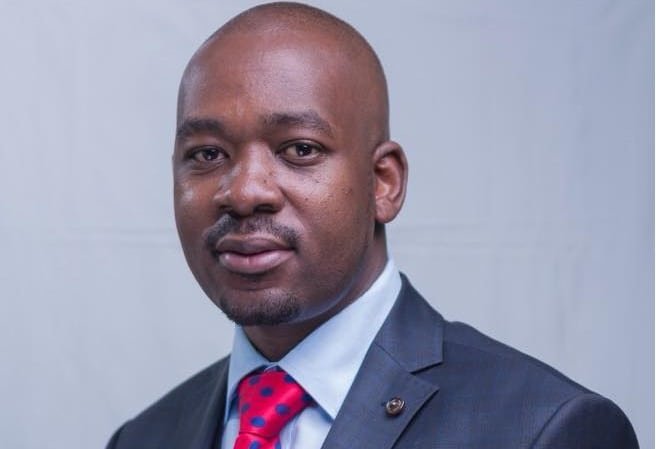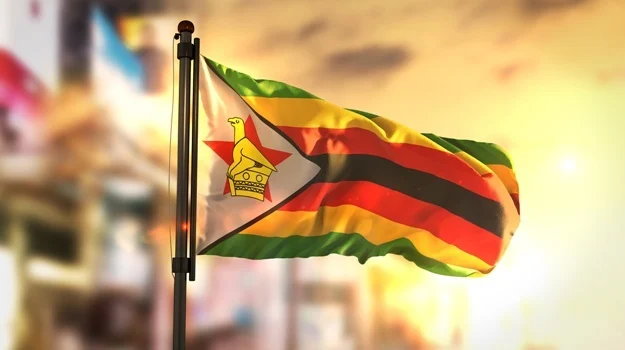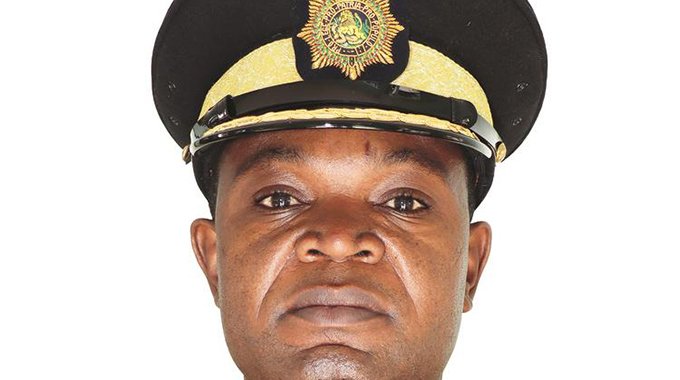However, the EU wants government to match rhetoric with action, particularly on the implementation of critical political and economic reforms before committing significant funding to the cash-strapped government.
Opposition parties and civil society groups share the same stance as the EU and argue that pouring money into Zimbabwe without wide-ranging reforms would not bring about meaningful change.
This week, diplomatic sources told the Zimbabwe Independent that British embassy officials’ approach has been to give Zimbabwe support because there is a new administration and therefore renewed hope.
Ambassador Philippe Van Damme, the head of the EU Delegation to Zimbabwe, last month said the bloc would consider scaling up financial assistance to Zimbabwe if Mnangagwa’s government delivers on its pledge to stage a credible poll, as well as implement reforms that would set the country’s fragile economy on a firm growth trajectory.
A diplomat from the block said the position had the support of most EU members, except the British mission which had a much softer stance.
Sources say Britain is willing to assist Zimbabwe to get a bailout in order for it to pay its debt to international financial institutions (IFIs) to enable it to unlock fresh funding. In that regard, sources say embassy officials are supporting the idea that Standard Chartered Bank assist Zimbabwe with funds to repay IFIs to enable it to unlock fresh funding.
Zimbabwe has committed to paying the US$1,2 billion arrears to the World Bank by April this year, as the first step towards unlocking fresh funding from multilateral institutions.
Those close to the developments say Britain wants the IFIs to give Zimbabwe money without stringent conditions.
Zimbabwe is desperate to restore its good standing with the West and sees mending relations with former colonial ruler Britain as a critical step.
In September 2016, the Independent reported that Britain had a grand plan to support Mnangagwa (then vice-president) to succeed former president Robert Mugabe. Mnangagwa eventually succeeded Mugabe after military intervention in November last year.
According to diplomats, the British supported Mnangagwa even during the Mugabe era as they have always thought he has the stature, is strong, decisive and has military backing as well as being pro-reform and capital.
It is also said they were convinced they could do business with him even if it means the country adopts an authoritarian developmental state model similar to China and Rwanda.
The close ties, particularly between Ambassador Catriona Laing and the new administration, is worrying other EU diplomats who believe the British diplomat has taken a much softer stance compared to her government.
“The British are in theory bound by the EU line. But they seem so desperate for international recognition that they throw everything else out of the window,” a diplomat based in Zimbabwe said.
“Look, diplomats should never support a particular politician. UK doesn’t get that … All EU missions, including UK in theory, want reforms and legitimacy — simple. Luckily, London has a much firmer stance than the embassy here.”
Last week, British Prime minister Theresa May sent the British minister for Africa, Harriett Baldwin, to meet Mnangagwa.
Briefing journalists after a high-level meeting with the President, Baldwin said she had a cordial engagement with Mnangagwa and was optimistic about the normalisation of relations between Harare and London.
“I brought a message (from Prime Minister May) that the UK Government welcomes the messages we heard from the new President in terms of his programme for economic and political reforms and we are very pleased to hear that the plans are to hold free and fair elections in Zimbabwe later this year,” she said.
Britain-Zimbabwe relations continue to improve. To show its support for Mnangagwa, May sent her Africa minister Rory Stewart to witness his inauguration in November.
Relations between Britain and Zimbabwe soured at the turn of the millennium over the land issue in the wake of refusal by the Labour administration of Tony Blair to honour obligations entered into with the Tory government of Margaret Thatcher in 1979.
A British embassy spokesperson this week told the Independent that the UK supports the EU foreign affairs council policy stance on Zimbabwe which stipulates that the country will only receive significant funding from European countries after delivering a credible election and implementing reforms which entrench democracy and stimulate economic growth.
The British embassy spokesperson said: “The UK fully supports the conclusions on Zimbabwe of the EU Foreign Affairs Council adopted last month. The UK contributed to the drafting of these conclusions which represent the views of all 28 Member States.
Upcoming elections in Zimbabwe are a major milestone for Zimbabweans. The UK has welcomed President Emmerson Mnangagwa’s commitment that these will be credible, peaceful, free and fair and monitored by international observers. Our minister for Africa Harriett Baldwin discussed the Zimbabwe government’s vision for comprehensive political as well as economic reforms with the President and Foreign Affairs minister during her visit on 1 and 2 February. Along with the rest of the international community, we will be monitoring the implementation of those reforms closely.”
The embassy also said the UK government is not a party to commercial discussions between any UK bank and the government of Zimbabwe.








